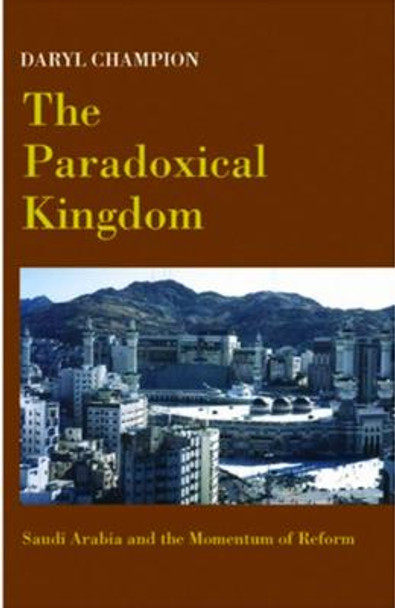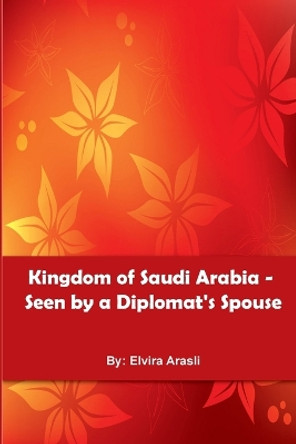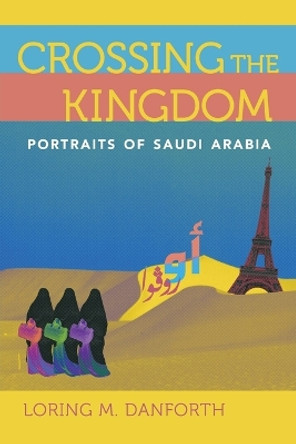Saudi Arabia is not normally associated with the political instability and social turmoil for which many states of the Middle East are known, but this is changing. Politically astute opposition movements that emerged after the 1991 Gulf War have challenged the House of Saud in a way that the royal family has not previously encountered, and some of these have become radicalized and emboldened. This volume dissects the legitimacy structure constructed by the Saudi dynasty and the challenges posed by the reform movements after 1991. Daryl Champion argues that pre-existing indigenous Islamist groupings have been reconstructed since then, becoming better organized and more effective in their political campaign against the regime, a process undoubtedly aided by the Internet. The regime's responses to these challenges, including the traditional methods of repression and censorship in an era of global information flows, are examined. Champion's principal aim is to illuminate domestic Saudi society and politics but, in assessing the stability of the regime, the relationship with the United States is also scrutinized, especially with regard to bomb attacks perpetrated against American military personnel by Islamist factions, including those associated with Osama bin Laden.
About the AuthorDaryl Champion, a former research scholar at the Centre for Arab and Islamic Studies, Australian National University, is a Middle East-based media and education consultant.
Reviews'In this detailed, informative, and well-researched study, Champion focuses on the challenges Saudi Arabia faces both at home and abroad and the sociopolitical and economicfactors that may undermine its stability in the 21st century.' * Library Journal *
Book InformationISBN 9781850656685
Author Daryl ChampionFormat Paperback
Page Count 360
Imprint C Hurst & Co Publishers LtdPublisher C Hurst & Co Publishers Ltd
Weight(grams) 516g







